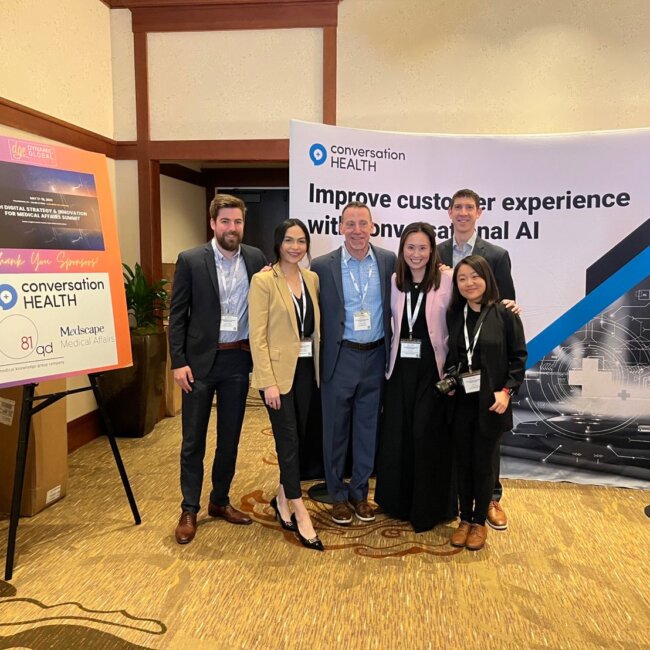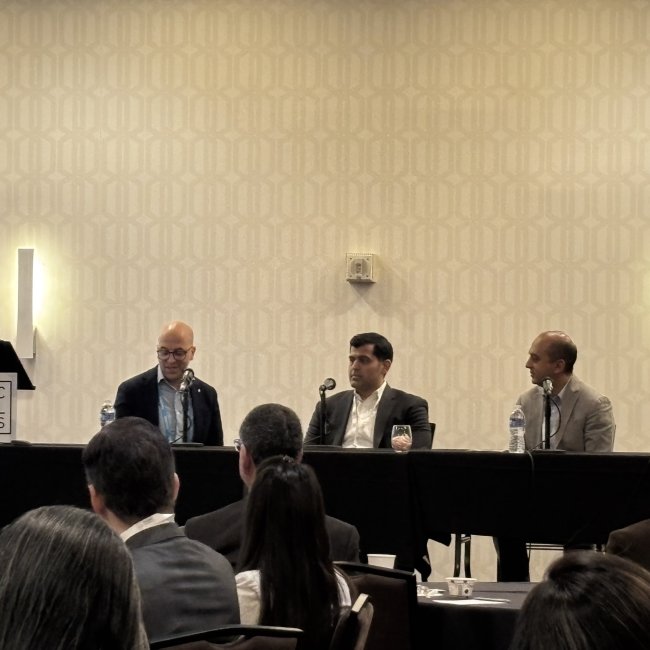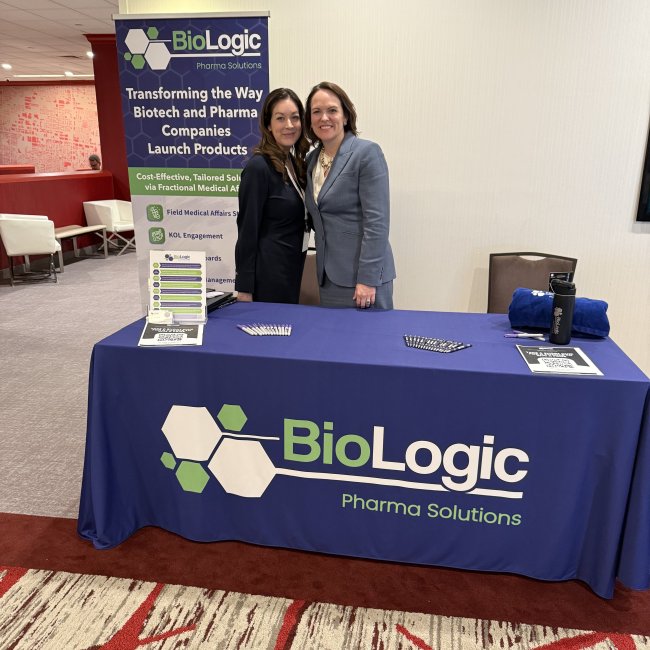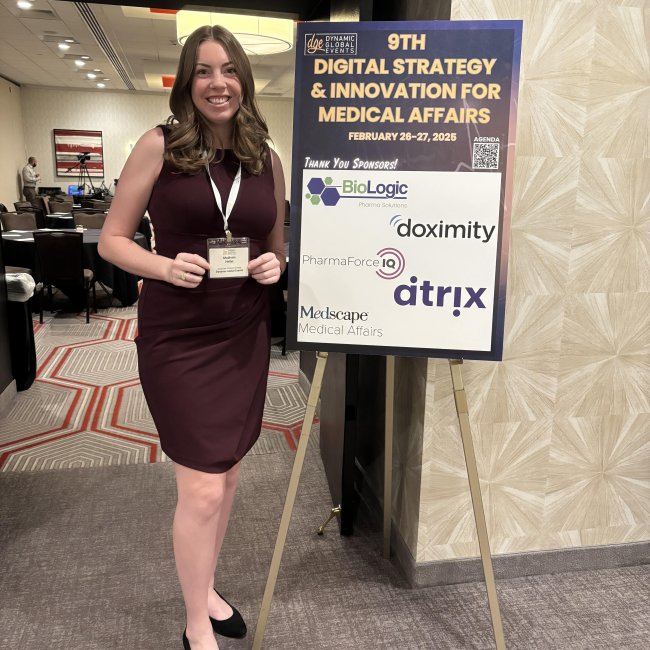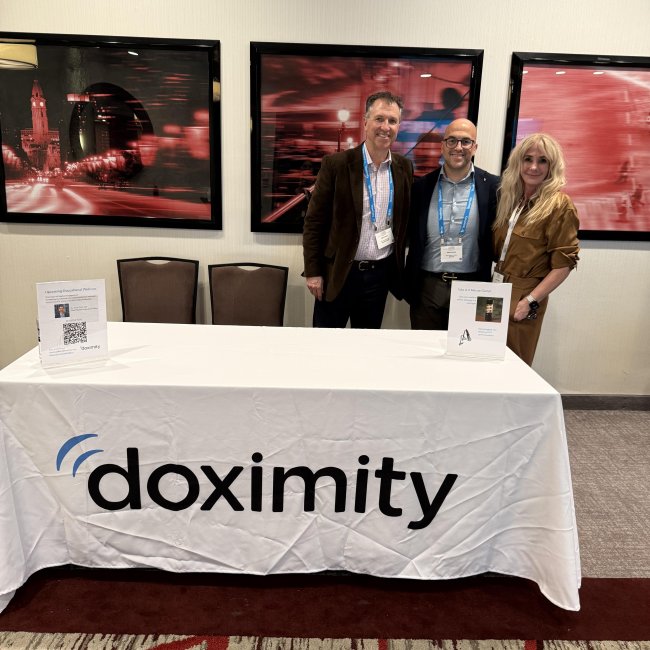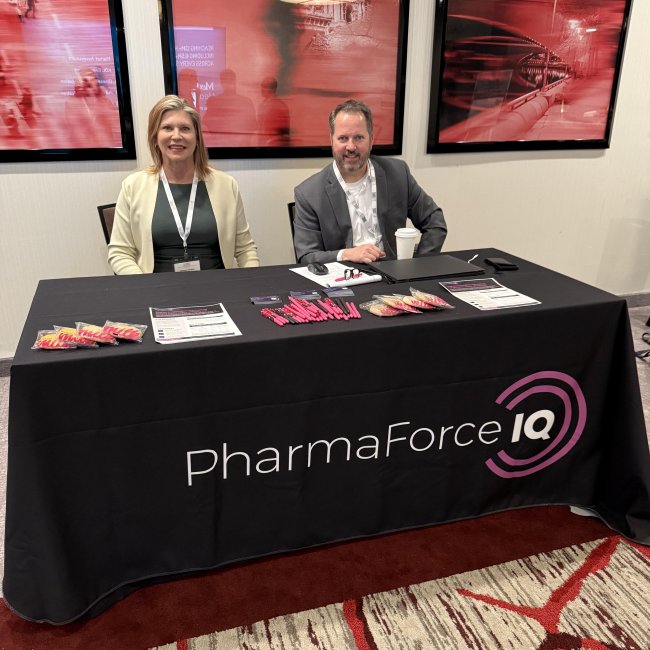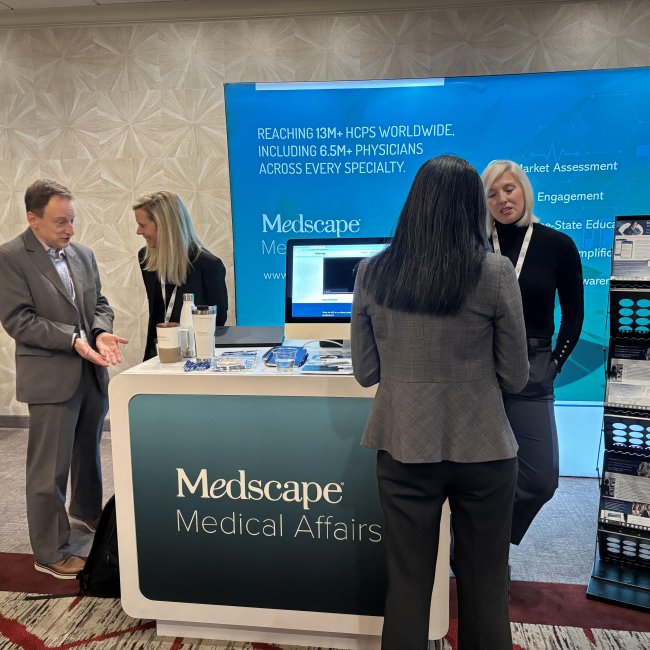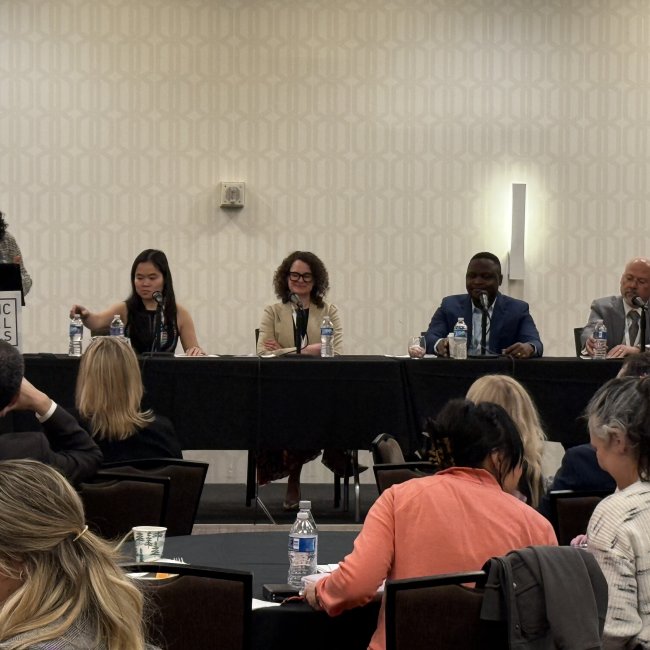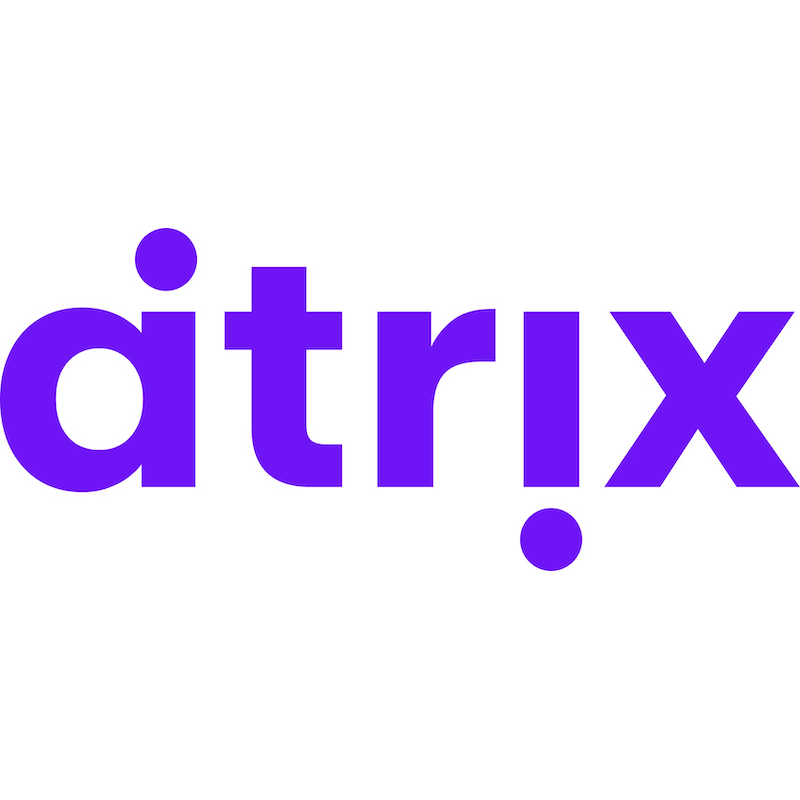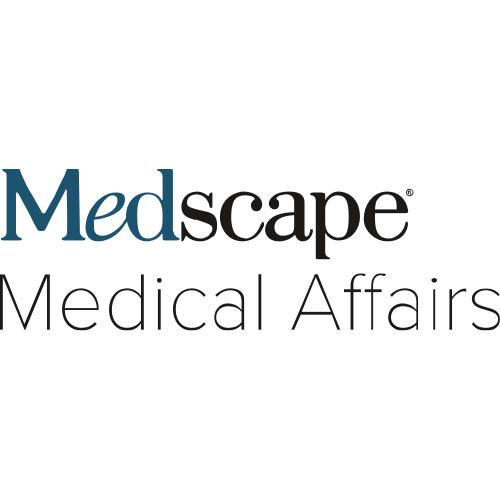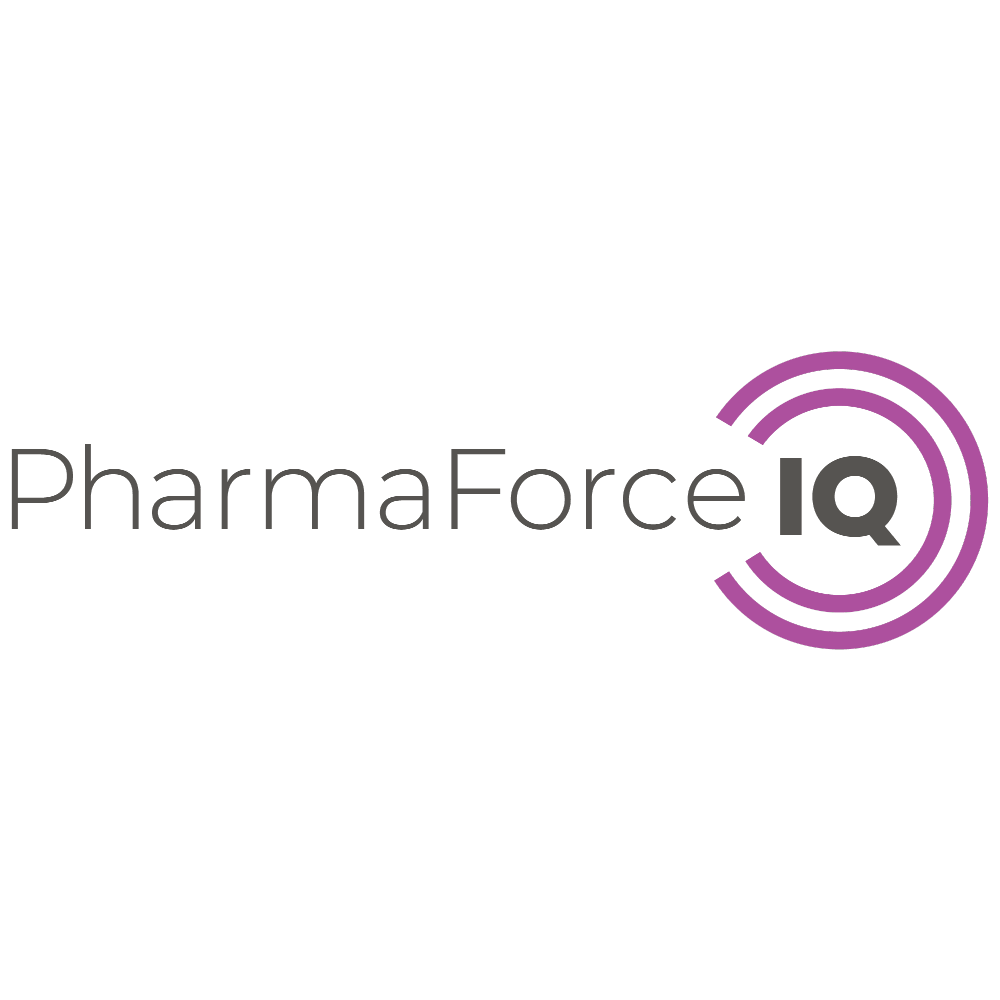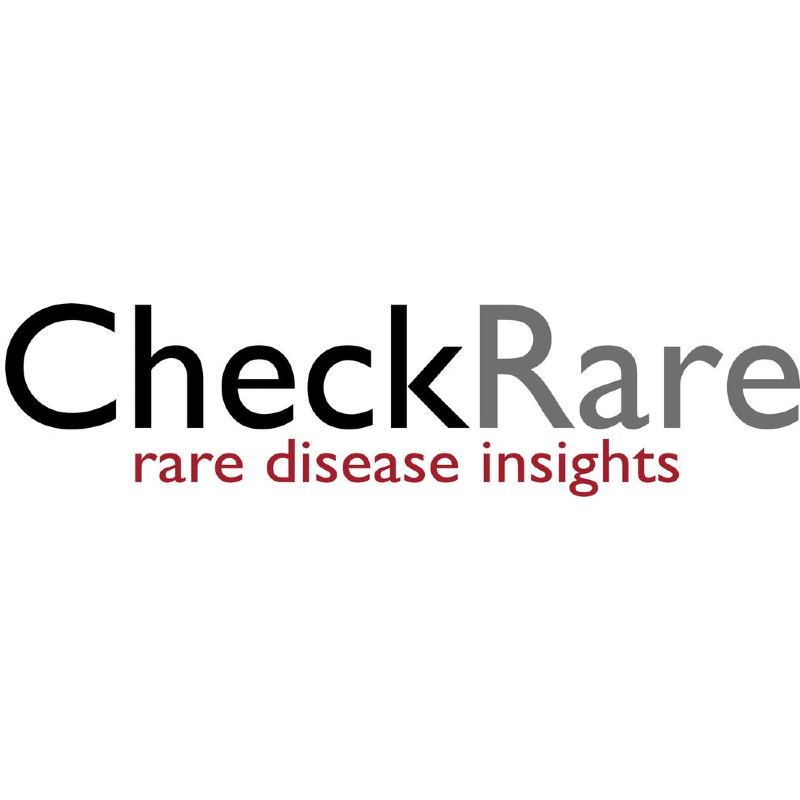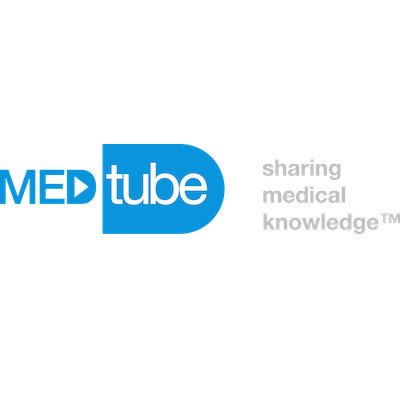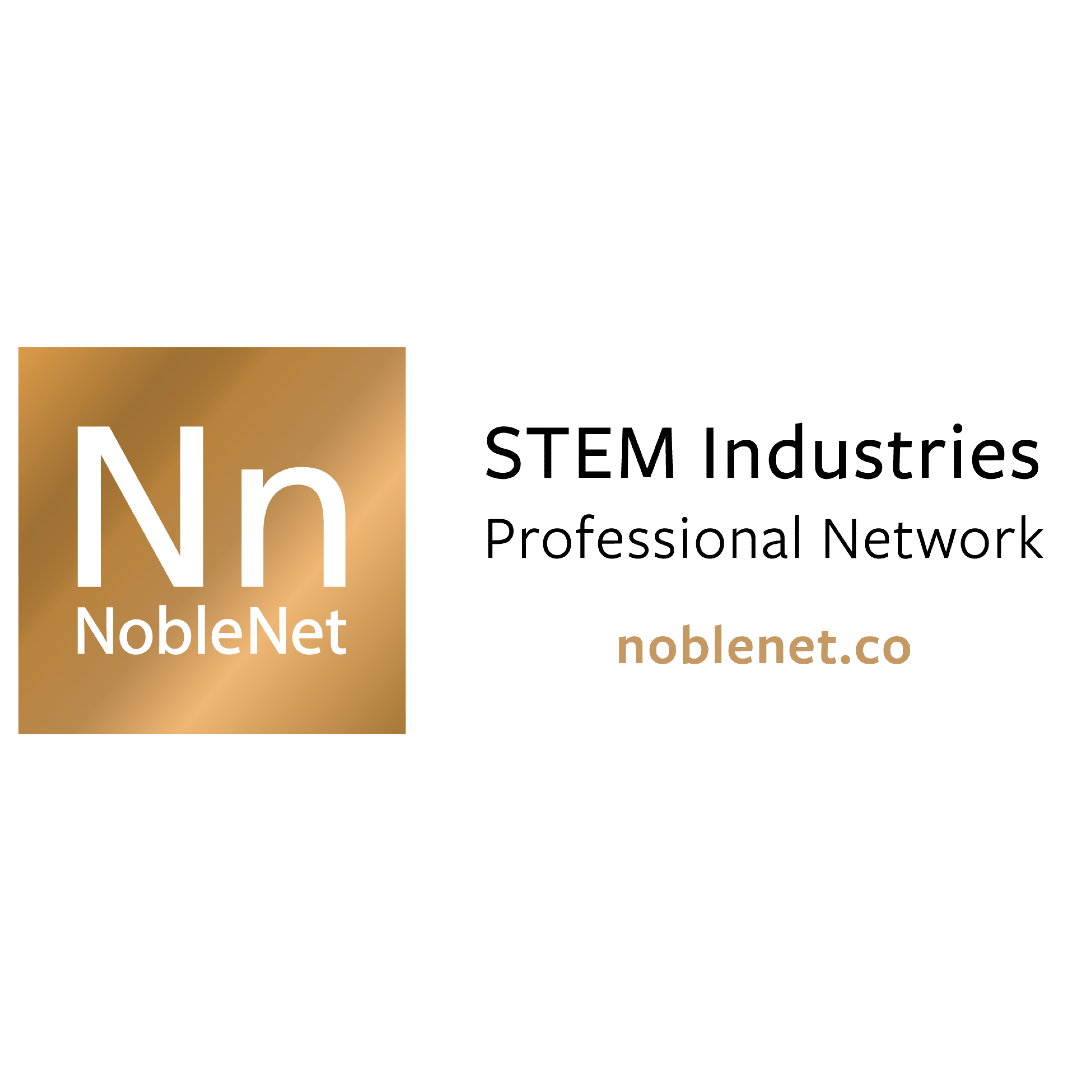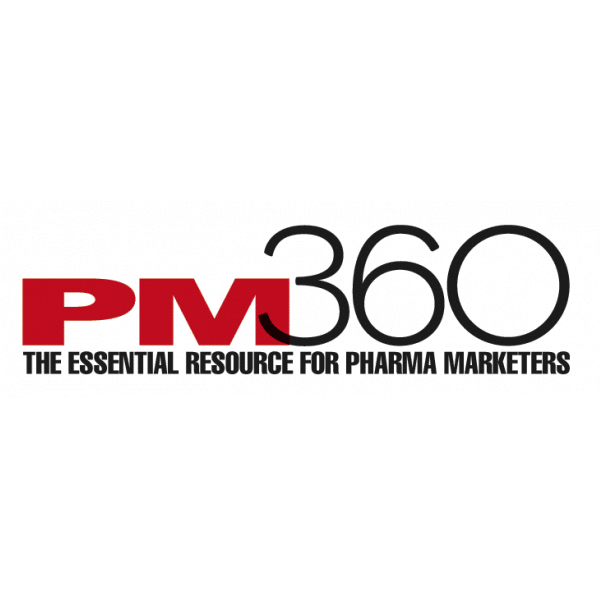Prepare for the industry's premier event about novel technologies and digital transformation among medical affairs teams! This year’s all-new agenda offers unprecedented detail on optimizing digital innovation, working with regulatory and legal review partners, and exploring how to establish a culture on innovation.
DGE invites you to Philadelphia on February 26-27, 2025 for uniquely detailed and insightful discussions on AI's impact on patient outreach, innovative digital strategies for medical and legal review processes, and proven methods to stay ahead of an ever-changing technological future.
Topics covered will include:
- Leverage Digital Technologies to Track the Patient’s Journey
- Unleash The Power of Medical Affairs In A Tech-Driven World
- Maximize Your Presence on Social Media
- Learn How to Proactively Work with Legal and Regulatory Partners to Implement an Effective Digital Transformation Strategy
Professionals from pharmaceutical, biotechnology and medical device companies working in:
- Medical Science Liaisons
- Medical Information
- Medical Director
- Clinical Development
- Regulatory Affairs
- Real World Analytics
- Design Assurance Engineer
- Digital Innovation
- Medical Affairs
- Medical Strategy
- Digital Strategy
- Medial Advisor
- Publications
- Corporate Compliance
- IT Applications
- KOL/Thought Leader
- Publication Planning
- Field Medical Team
- Medical Communication
- Digital Innovation
- Medical Liaison
- Medical Education
- Strategy & Insights
- Scientific Training
- Relations
- Clinical/Scientific Affairs
- Scientific Communication
- Medical Digital Capabilities
- MSL Coordinator
- Medical Manager
- Virtual Engagement
- Device Development / Device Technology
- Research Collaboration
Great experience working with the DGE team, organizers of the 4th Digital Strategy & Innovation for Medical Affairs Summit. I was honored to be part of a group of speakers that included experienced and visionary leaders. My talk was cautionary in some ways, covering AI Pitfalls in Medical Affairs, but I was happy that, by the end of it, the closing poll showed the majority of responders felt more confident to initiate AI projects.

It was a pleasure participating in the panel discussion at the 4th Digital strategy & Innovation for Medical Affairs...Many good learning to take back from co-panelists. Thanks to the [Dynamic Global Events (DGE)](https://www.linkedin.com/company/dynamic-global-events/) team for inviting us for the session and organising a very relevant 3 day summit!

I enjoyed presenting and interacting with medical affairs professionals at DGE conference in Philadelphia yesterday. The world of digital and publications is changing rapidly.

I enjoyed all the sessions. There were a lot of dynamic and helpful speakers!

Absolutely would recommend! There were thoughtful and engaging speakers

Very engaging, could really feel the passion of the speakers and felt examples shared were great

What an amazing experience! This has been an excellent opportunity connecting with like minded individuals advancing digital transformation in medical affairs

I had an incredibly enriching experience... It was inspiring to learn from peers who are leading the digital transformation within their respective organizations and generously shared their insights and experiences

Maximize your brand's impact and visibility by becoming a valued sponsor. Shape the future of life sciences, connect with other industry leaders, and showcase your commitment to innovation. Elevate your presence - sponsor this conference and be at the forefront of advancements in science and technology.
Hit your networking target. Connect with the right professionals to amplify your event connections
Discover networking opportunities to interact, engage, and build valuable connections
After the event, all approved presentations are made available exclusively to our valued attendees.*Conditions may apply*
Immerse yourself in a dynamic, vibrant conference experience while unlocking new opportunities with life sciences' key decision makers
Influence conference content and conversation! Submit your question below.
Stay up to date on the latest announcements


